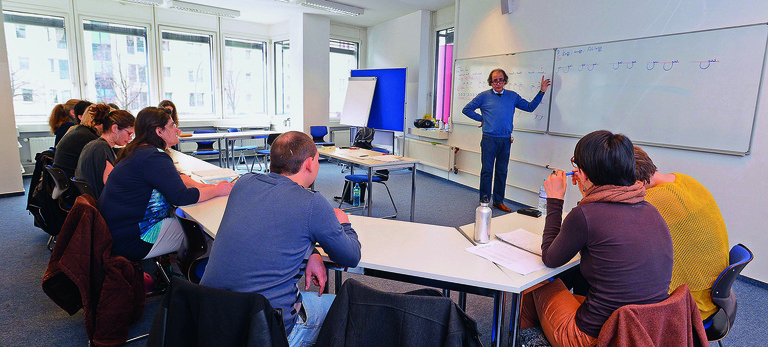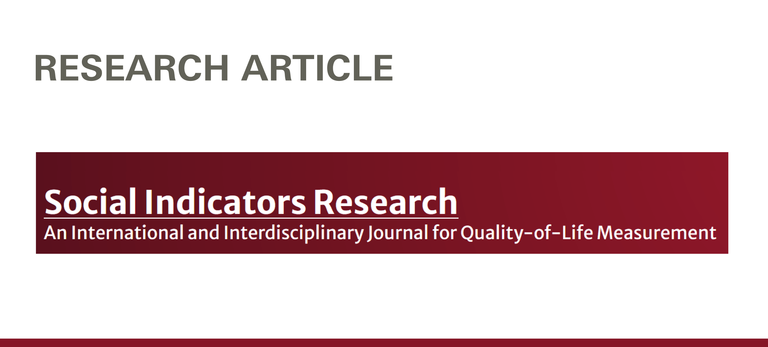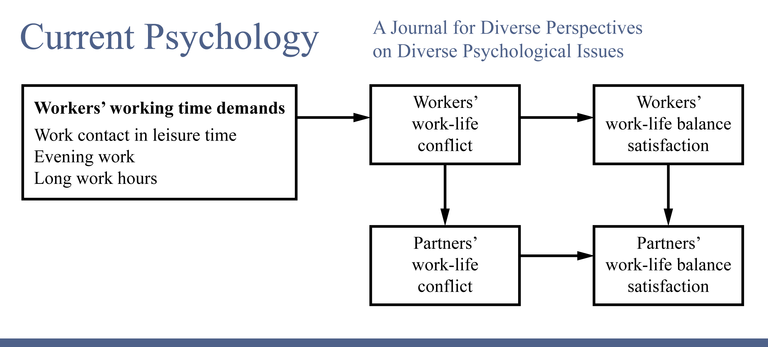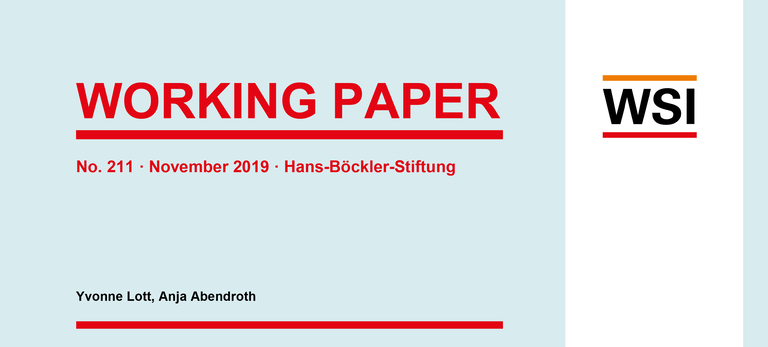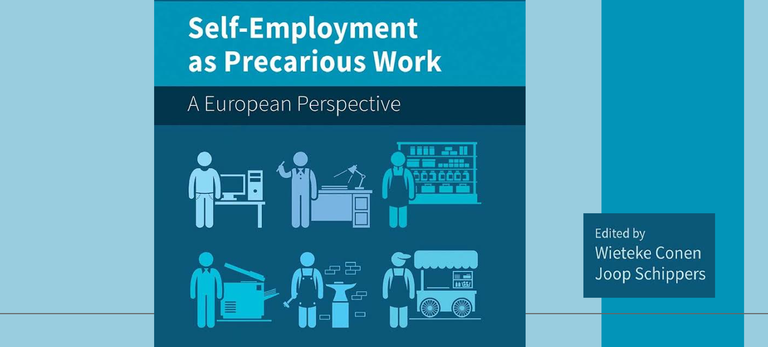
Source: Karsten Schöne
WSI: Key research topics: Labour market and working conditions
In recent years, labour market policy has been challenged by huge structural changes, most of all by the increase in non-standard and often also precarious forms of employment. Moreover, quality of work has changed – growing job-related stress being one major example.
WSI projects look into the economic and institutional determinants of changes on the national and international level, and seek to identify and assess options for future policy adaptation, with a focus on solutions improving the labour market situation to the benefit of employees. The impact of labour law and social regulations on labour market access and conditions of employment, and the linkages between these dimensions are accounted for by the interdisciplinary co-operation of economists, political scientists, sociologists and law experts in the research area.
Main research topics
labour market changes, non-standard and precarious employment - labour market (de)regulation - quality of work, job-related stress, corporate labour policies - innovation and productivity of companies and sectors

